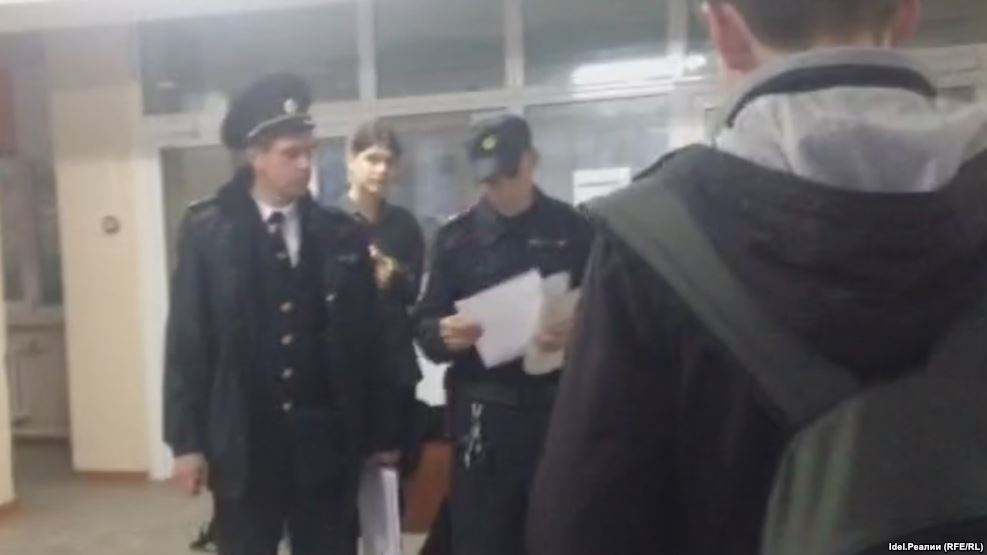New Russian-language websites offer reality check for local audiences

Two new Russian-language websites have found ready audiences in Russia’s North Caucasus and mid-Volga regions, providing accurate reporting for populations that lack access to a local, independent press.
Caucasus Realities, known locally as Kavkaz.Realii, reports news and information from all of Russia’s North Caucasus republics — Chechnya, Daghestan, Ingushetia, Kabardino-Balkaria, Karachay-Cherkessia, and North Ossetia. The website focuses on “real issues that worry real people,” says North Caucasus Service Director Aslan Doukaev, citing political and economic disenfranchisement, corruption, and police brutality as concerns that unite all of the region’s ethnic groups.
Idel Realities (Idel.Realii) covers the middle Volga republics of Bashkortostan, Chuvashia, Mari El, Mordovia, Tatarstan, and Udmurtia, as well as Russia’s Samara oblast. The website’s reporting has brought new scrutiny to actions of local authorities that have previously gone unchecked. In one case, the site’s journalists revealed that the process for awarding a tender for a construction project was a sham. In response to the story, the region’s anti-monopoly body canceled the contract. On another occasion, authorities reversed a decision to cancel a festival celebrating the region’s Finno-Ugric minority after an Idel.Realities report caused a public outcry.
Because of their unique content about regions that are known for their colorful politicians and compelling stories, and yet which are underreported, both sites attract audiences from Moscow, amplifying their local impact. “There’s almost no other option for reliable news from the region in Russian,” says Doukaev. But, says Tatar-Bashkir Service Director Rim Gilfanov, the added visibility has brought heightened risks for their reporters. “When we were reporting only in Tatar and Bashkir, officials sort of tolerated it, but now they’re getting worried.”
Gilfanov cited the case of one free-lancer in Udmurtia who was threatened by Russian security agents in October with charges of “extremism” because of her reporting and vilified in the local media for ties to “American propagandist” RFE/RL. Independent journalists in Chechnya and other North Caucasus republics work in fear for their lives.
Both new projects are additions to RFE/RL’s “Realities” brand, a growing set of so-called “hyper-local” websites that launched in 2015 with Crimea Realities and Donbas Realities. The sites target areas particularly vulnerable to disinformation and command audiences in the millions. They have also taken the lead in introducing innovative media practices to their local markets: an Idel Realities social video documenting police brutality in Tatarstan’s capital of Kazan, for example, was the first of its kind.
The new websites are managed by RFE/RL’s North Caucasus and Tatar-Bashkir services, complementing their continuing reporting in Chechen, Tatar and Bashkir languages while extending their reach to new audiences.
